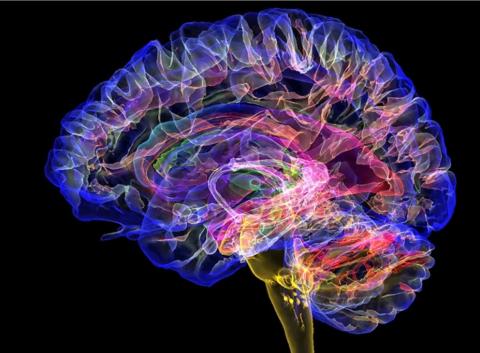
San Francisco, California - [August 1, 2024] - Effective treatment options to reduce mortality and prevent long-term morbidity caused by traumatic brain injury (TBI) are lacking in both military and civilian medicine. Over 30 clinical trials for TBI have failed, due in part to inadequate identification of unique patient characteristics for targeted therapy, lack of objective diagnostic and prognostic TBI biomarkers, and imprecise approaches to outcome measurement. This has prompted the call for a paradigm shift in the design of TBI Phase 2 trials. The result is a groundbreaking study just launched at UCSF to evaluate the effectiveness of experimental drug treatments in improving recovery outcomes for TBI patients. This research aims to compare the recovery progress of patients receiving the experimental treatment against a control group administered a placebo.
The aims of the study include:
- The use of FDA-approved oral drugs in an "off-label" capacity, meaning they are not currently approved specifically for TBI treatment.
- The study seeks to determine if these experimental treatments can significantly improve the recovery process for TBI patients.
- Researchers will conduct ongoing assessments to measure changes in recovery throughout the study period, potentially removing or adding drugs in the trial in an adaptive fashion. Adaptive trials are designed to enable changes to the trial after it has begun, without damaging the trial’s validity.
Key features of the protocol:
- Participant Profile: The study will enroll approximately 672 participants presenting at the emergency departments of up to 23 level 1 trauma center sites across the United States, with Glasgow Coma Scale (GCS) scores between 9 and 15 and positive head CT scans (e.g. evidence of bleeding), aiming for 504 completed follow-ups at 6 months.
- Timing: Treatment will begin within 24 hours of injury.
- Study Design: This Phase 2, multi-center, double-blind, placebo-controlled trial will employ an adaptive platform, precision medicine approach under a single multi-arm, multi-stage (MAMS) study framework. This will enable multiple treatments to be assessed simultaneously versus the more traditional “one drug-one trial” design.
- Treatment Interventions: Participants will be randomized to receive one of four treatments: Atorvastatin calcium (cholesterol-lowering drug), Minocycline hydrochloride (an antibiotic), Candesartan cilexetil (a blood pressure medication), or a matching placebo. These treatments have demonstrated benefit in animal models of TBI.
- Comprehensive Assessment includes:
- The Glasgow Outcome Scale-Extended (GOSE-TBI) is the primary endpoint, and assesses functional impairment or recovery, from Week 2 to Month 3 postinjury; other clinical outcome assessments including a broad range of cognitive function, mental health, social participation, and symptom measurements will be collected as secondary endpoints.
- Analysis of blood-based biomarker levels at intervals across study duration.
- Performance of MRI at intervals across study duration
University of California, San Francisco is the coordinating institution for the study, under the direction of corresponding principal investigator, Geoffrey T. Manley, MD PhD, Chief of Neurosurgery at Zuckerberg San Francisco General Hospital. The study will continue to roll out in the coming year to level 1 trauma centers that comprise the TRACK-TBI NETWORK. In addition to the recruitment sites, the study is also supported by research cores including the University of Pittsburgh Biospecimen Core led by Ava Puccio, PhD; UCSF Imaging Core led by Pratik Mukherjee MD PhD, Statistical Cores at the University of California, San Diego led by Sonia Jain, PhD and the University of Washington led by Nancy Temkin, PhD, the Outcomes Core led by Joseph T. Giacino, PhD from Spaulding Rehabilitation Hospital and Mike McCrea, PhD and Lin Nelson, PhD at the Medical College of Wisconsin. The University of Rochester Center for Health + Technology (CheT) Clinical Trials Coordination Center (CTCC) led by Cynthia Casaceli MBA, and Melissa Kostrzebski MBA, MS, is performing Contract Research Organization support.

For more information, please contact: Brian Fabian, TRACK-TBI NET Program Manager, [email protected]

